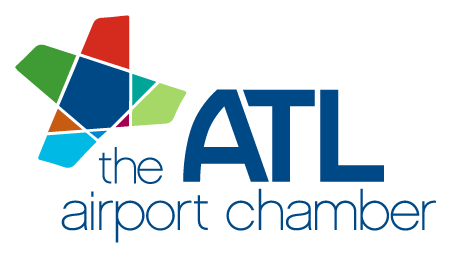Clayton Introduces First CrossMod Homes in Atlanta, Showcasing How Flexible Zoning Policies Can Promote Attainable Homeownership in Urban Areas
Friday, January 19th, 2024
Clayton, a leading national builder of single-family attainable housing, partnered with Georgia Manufactured Housing Association to unveil a new urban infill project showcasing two Clayton Built® CrossMod homes developed by Iron Horse Communities, the first of their kind within the Atlanta perimeter. CrossMod homes combine off-site construction with site-built features, making them indistinguishable from a traditional site-built home. These homes are uniquely positioned to help increase housing inventory while tackling restrictive urban zoning policies that have limited the acceptance of off-site built housing in the past.
The two Clayton CrossMod homes in Atlanta are eBuilt™ homes, which are built to the U.S. Department of Energy’s Zero Energy Ready Home™ specifications and are estimated to save homeowners up to 50% on their annual energy costs1, allowing homeowners to save more money over the lifetime of their home.
As the housing shortage in the United Statespersists, home builders like Clayton are identifying innovative solutions to help families achieve homeownership. CrossMod homes are built off-site in home building facilities and finished on-site with a foundation, garage and porches. The city of Atlanta allows off-site built homes within city limits so long as the homes are secured to a permanent foundation. This zoning ordinance is an example of flexible legislation that can increase attainable homeownership opportunities in high-growth cities across the country.
Urban infill solutions allow single-family home builders like Clayton to develop previously vacant properties within established neighborhoods, opening up more housing opportunities in densely populated cities without putting a burden on existing infrastructure and resources. The two homes, which match the scale and aesthetics of existing homes in the area, blend seamlessly into the surrounding neighborhood.
“Atlanta is an example of a city allowing innovative housing solutions to help promote the Yes In My Back Yard (YIMBY) movement, which advocates for increasing housing supply in cities where housing has become unaffordable, and provide a path for attainable homeownership,” said Ramsey Cohen, Director of Industry and Community Affairs at Clayton. “It is critical that we find ways to increase attainable homeownership in cities across the nation, and the acceptance of CrossMod in Atlanta is a major step toward accomplishing that goal.”
CrossMod homes are built to HUD code and blend the best of off-site and site-built construction. Each CrossMod home in Atlanta took only one day to build before they were set by crane on their final sites. With CrossMod, developments can be completed at a more efficient pace, resulting in more quality-built homes at attainable price points. CrossMod homes also finance and appraise just like site-built homes.
“Every Clayton CrossMod home begins at a Clayton home building facility. This allows us to achieve the efficiencies of off-site construction, a benefit that we pass down to customers in the form of cost savings,” said Andrew Bryant, Business Development Manager – CrossMod Initiative. “CrossMod homes add another tool to a developer’s tool belt and allow them to bring homes to the market fast. By building the home off-site, we can promise homebuyers a quality home in a shorter period of time. Once the home is built, it’s finished on the property. The customer ends up with a home that’s indistinguishable from a site-built home.”
CrossMod has the potential to be a viable solution to homebuyers seeking attainable homeownership in growing cities like Atlanta. By leveraging the efficiencies of off-site construction, CrossMod customers can quickly receive a more attainable, energy efficient home, opening up more homeownership opportunities to individuals and families in cities across the nation.
Article courtesy of Atlanta Metro CEO, published January 19, 2024.

